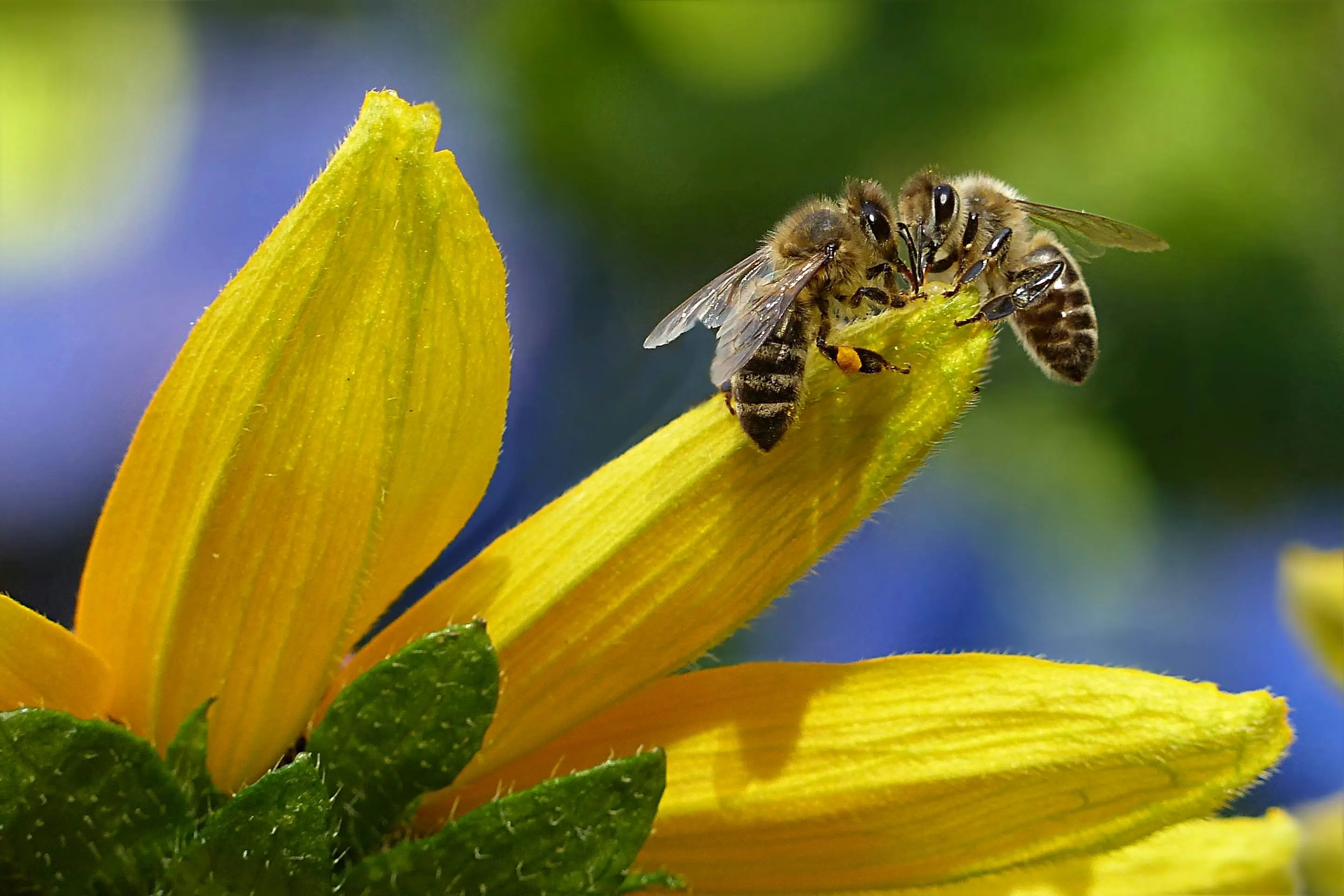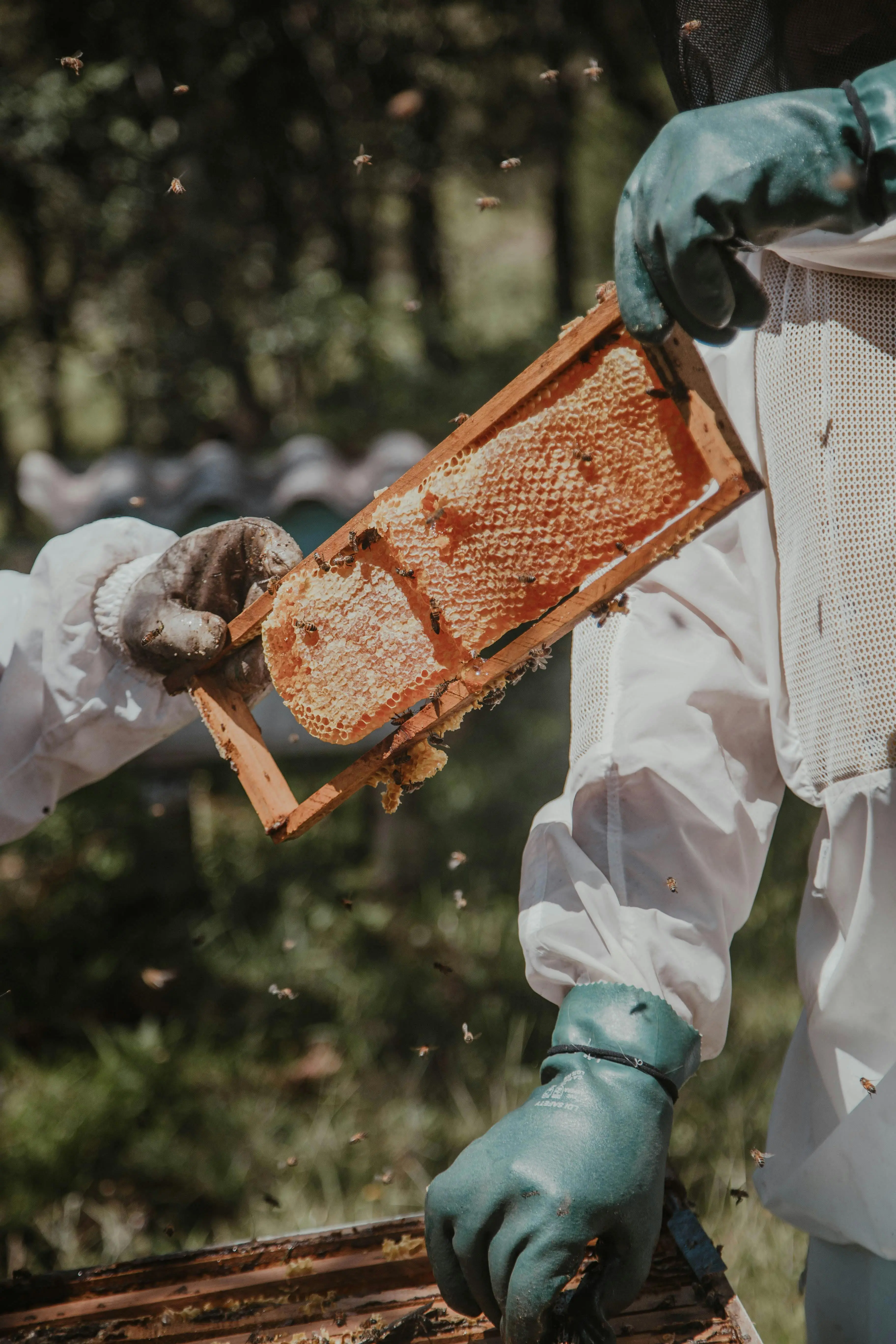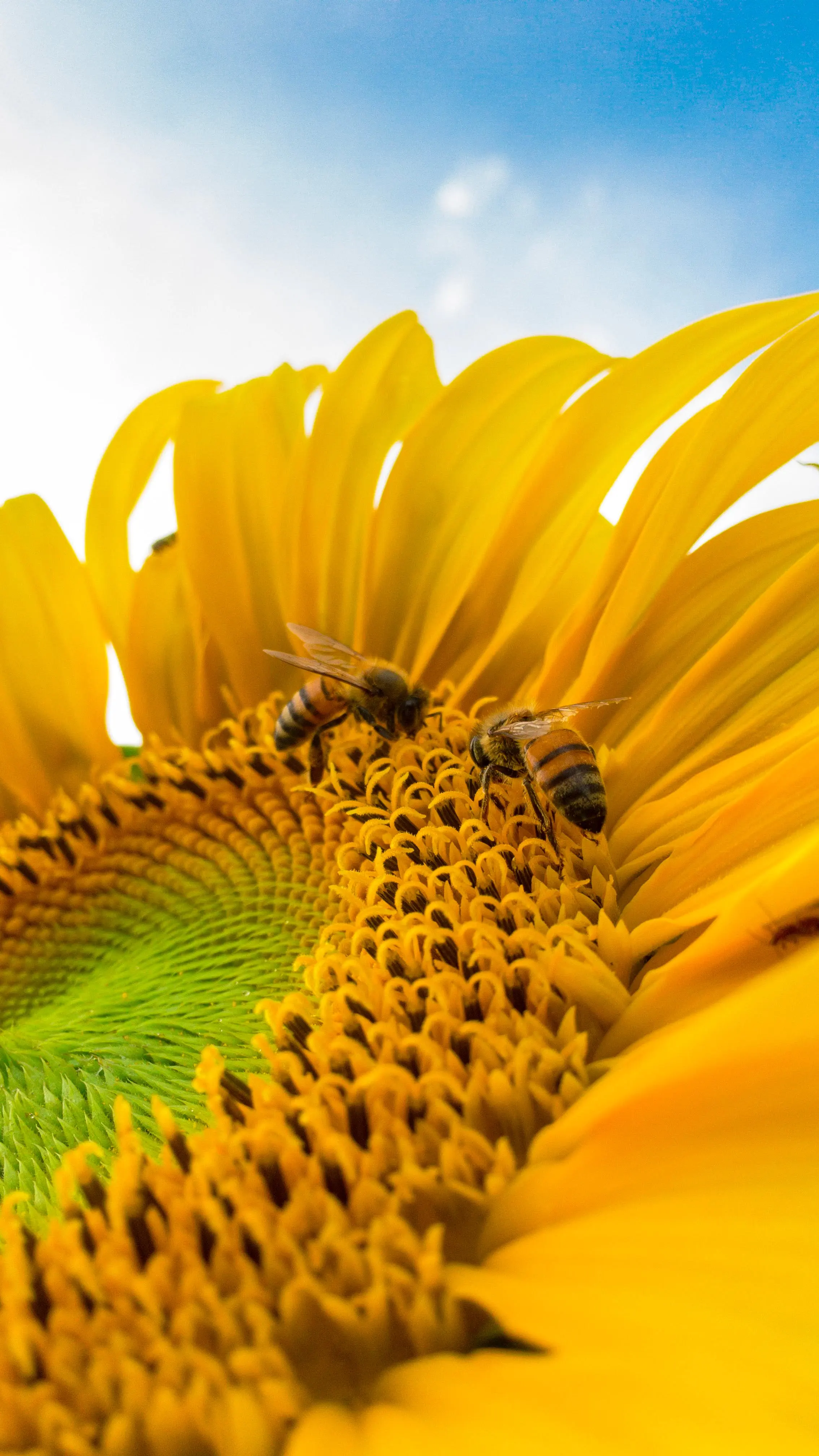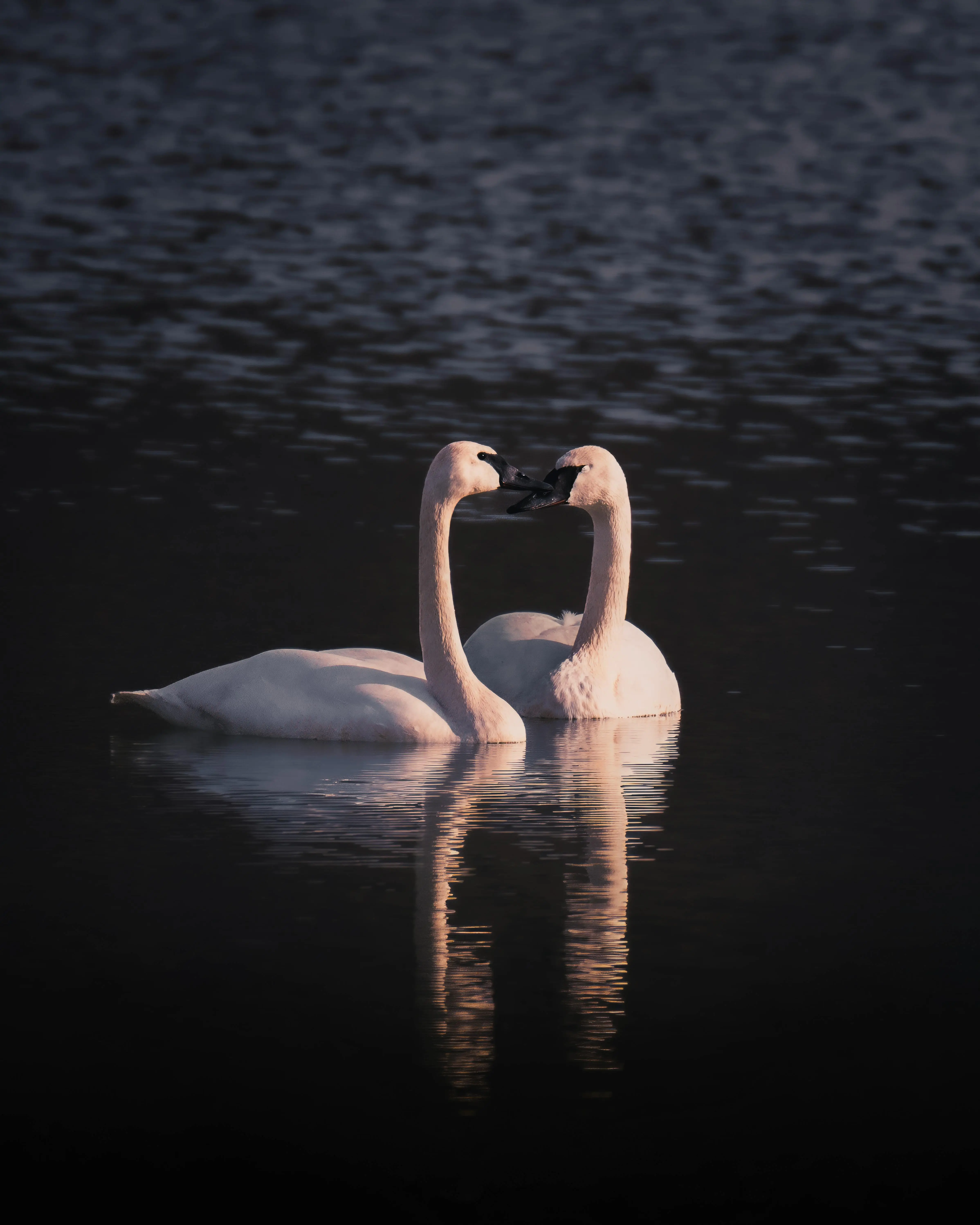How to Protect bees - The Role of Bees in Pollination
Bees play a crucial role in our ecosystem, especially in pollination. This process is vital for the reproduction of many plants, including those that produce fruits, vegetables, and nuts. The decline in bee populations poses a significant threat to biodiversity and food security. This article explores the role of bees in pollination, the causes of their decline, and practical ways to support local bee pollination

The Importance of Bees in Pollination

Reducing Chemical Use

Conclusion - Please save the bees
More Publications from nature
Bird watching is a serene and rewarding hobby that connects enthusiasts with the beauty of nature.
How to Start a Butterfly Garden in Your Backyard
Deep dive into the best 10 hiking trails for beginners in 2024
Feel the power of nature on Your own urban garden
Get familiar with the techniques of growing endangered plants at home
Wildlife friendly garden of Your dreams
Learn how climate change and global warming impact local ecosystems
How to Protect bees - The Role of Bees in Pollination
Indulge into the hidden wonders of forest ecosystem
A Guide for Bird Enthusiasts: How to Identify Common Backyard Birds
Post Views
















Add New Comment
please login to add or edit your comment
login nowpost comments
no comments added yet!